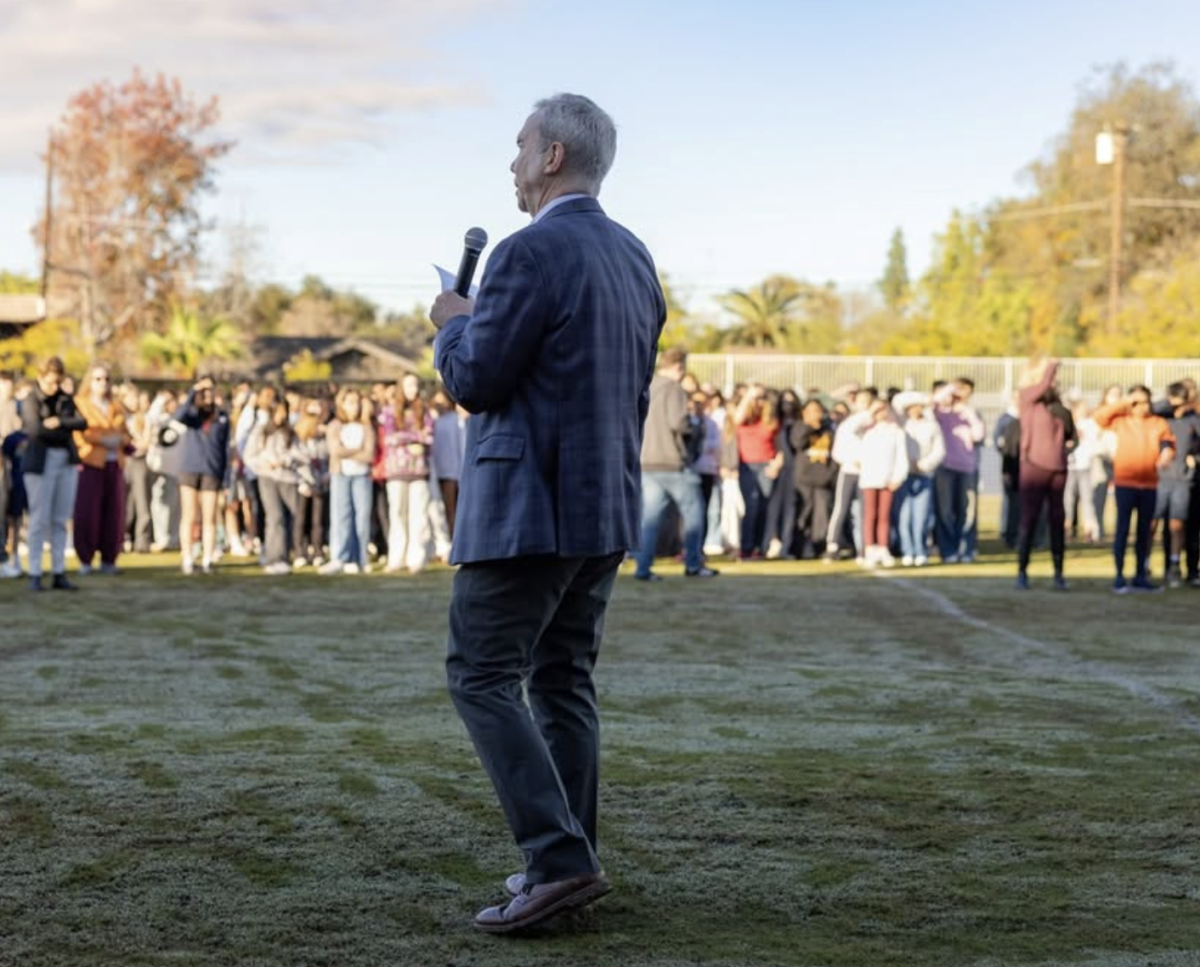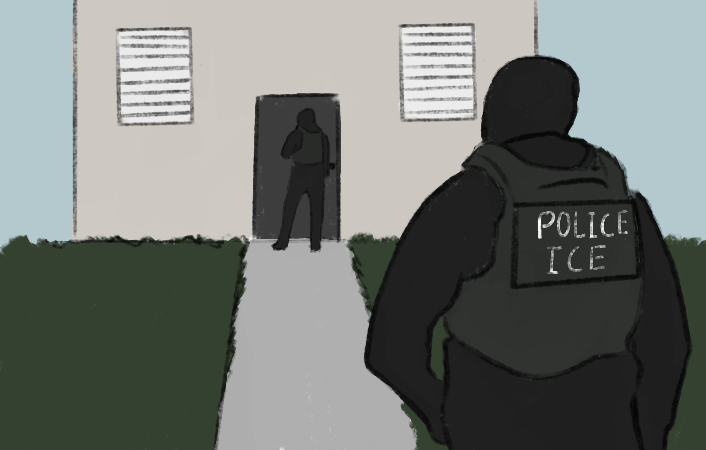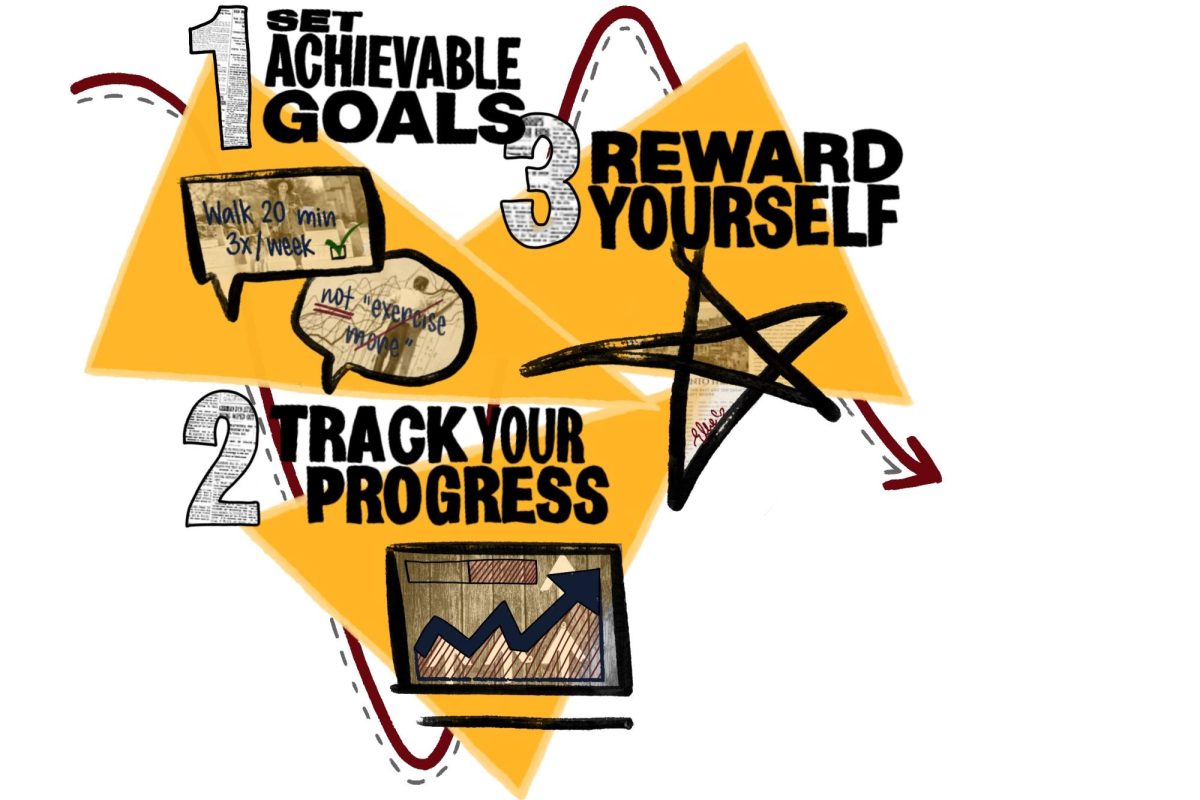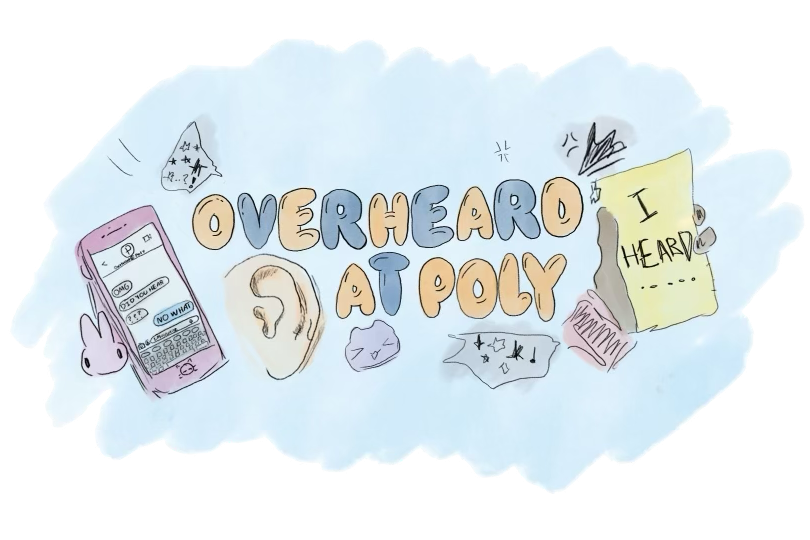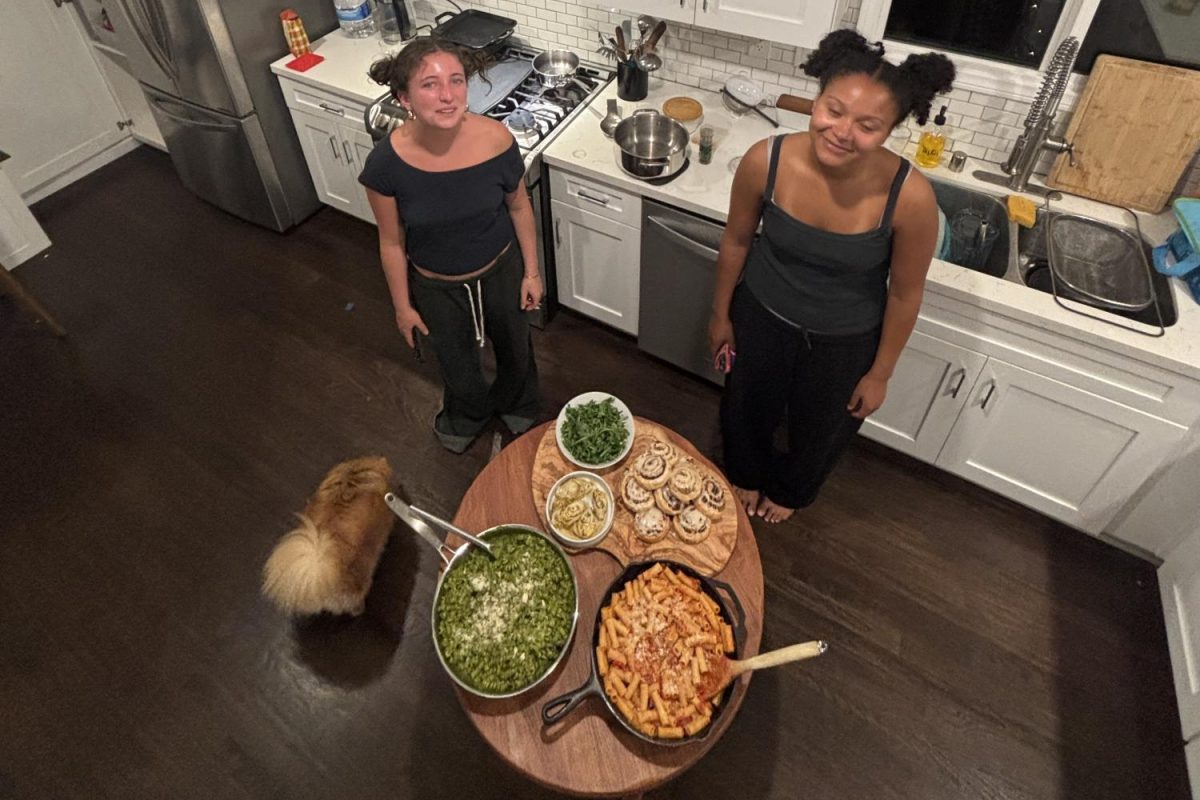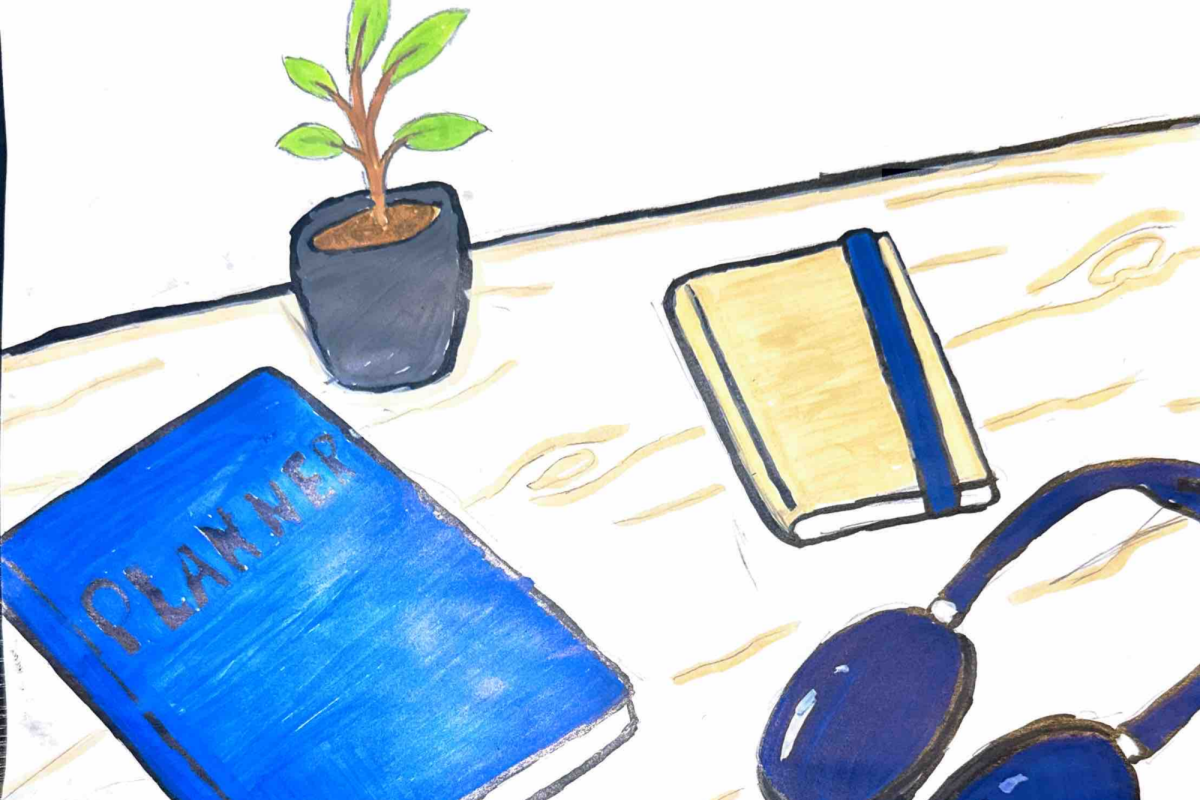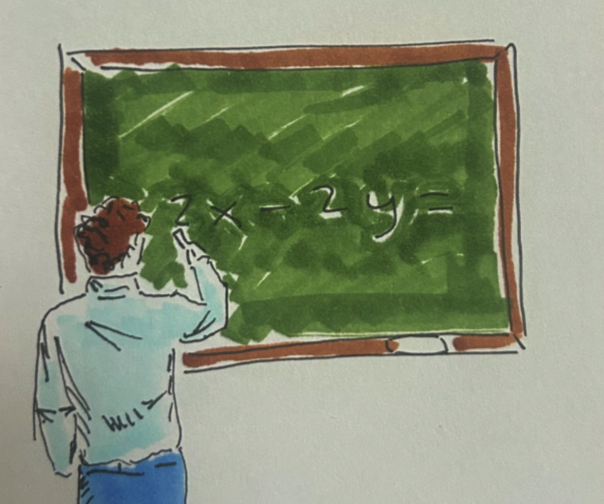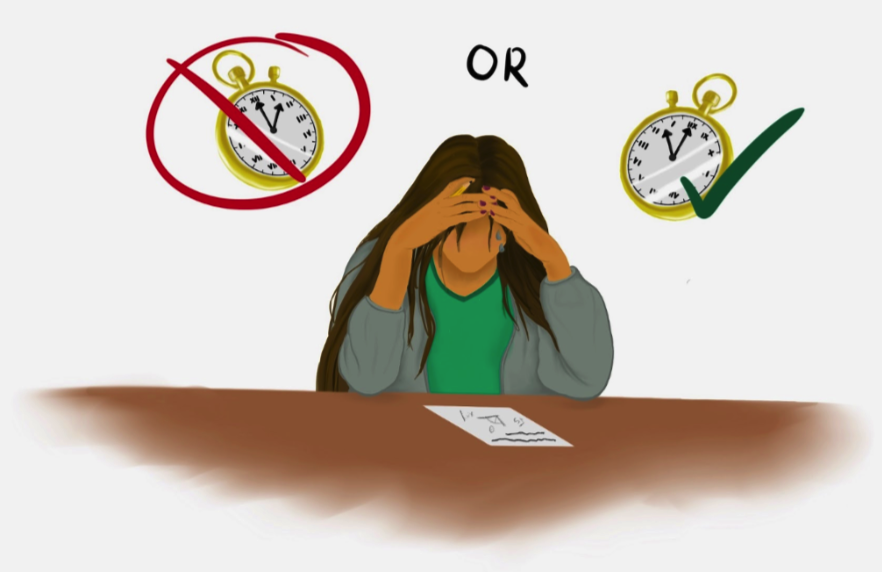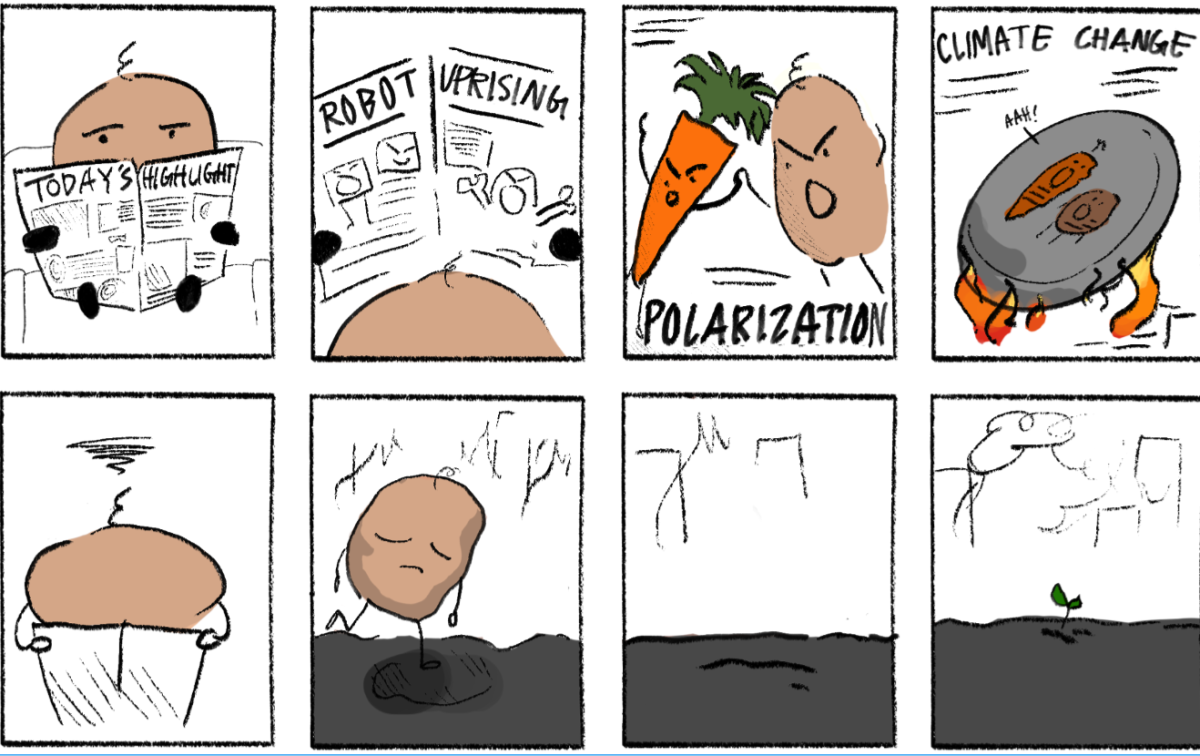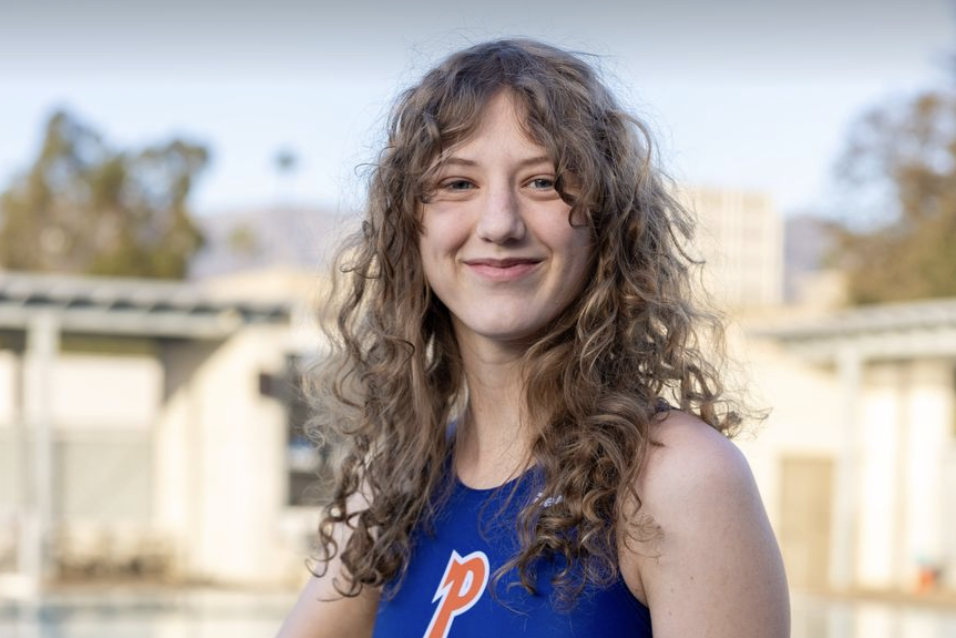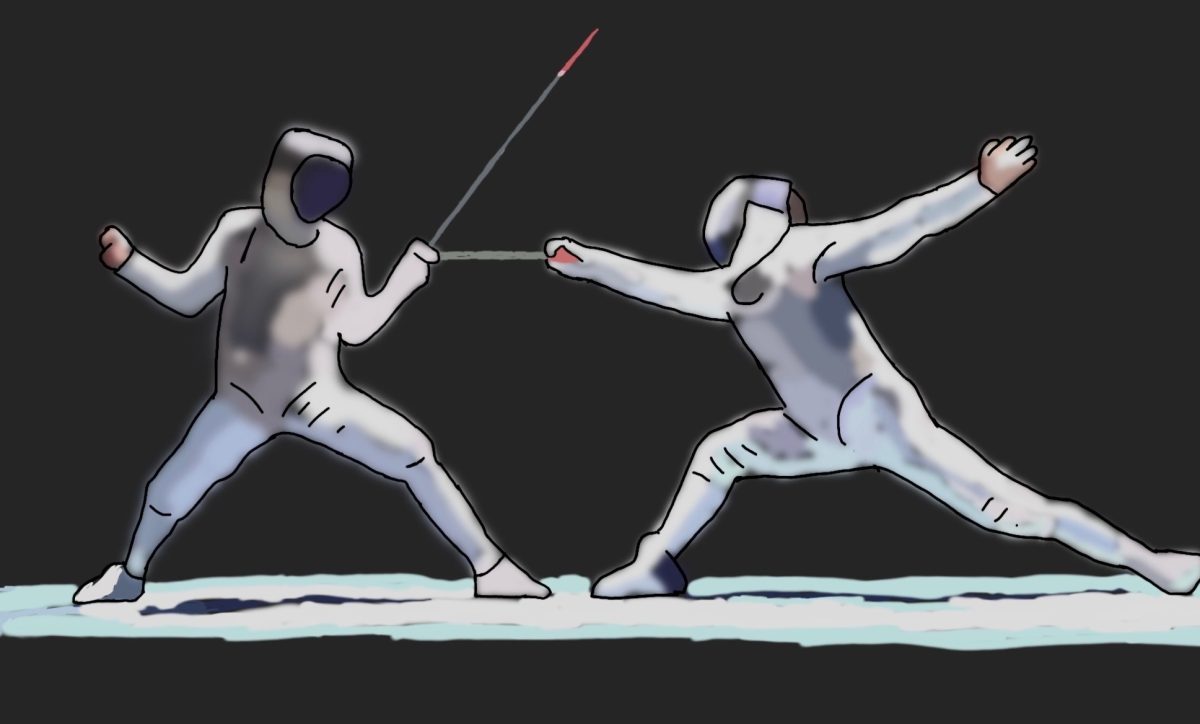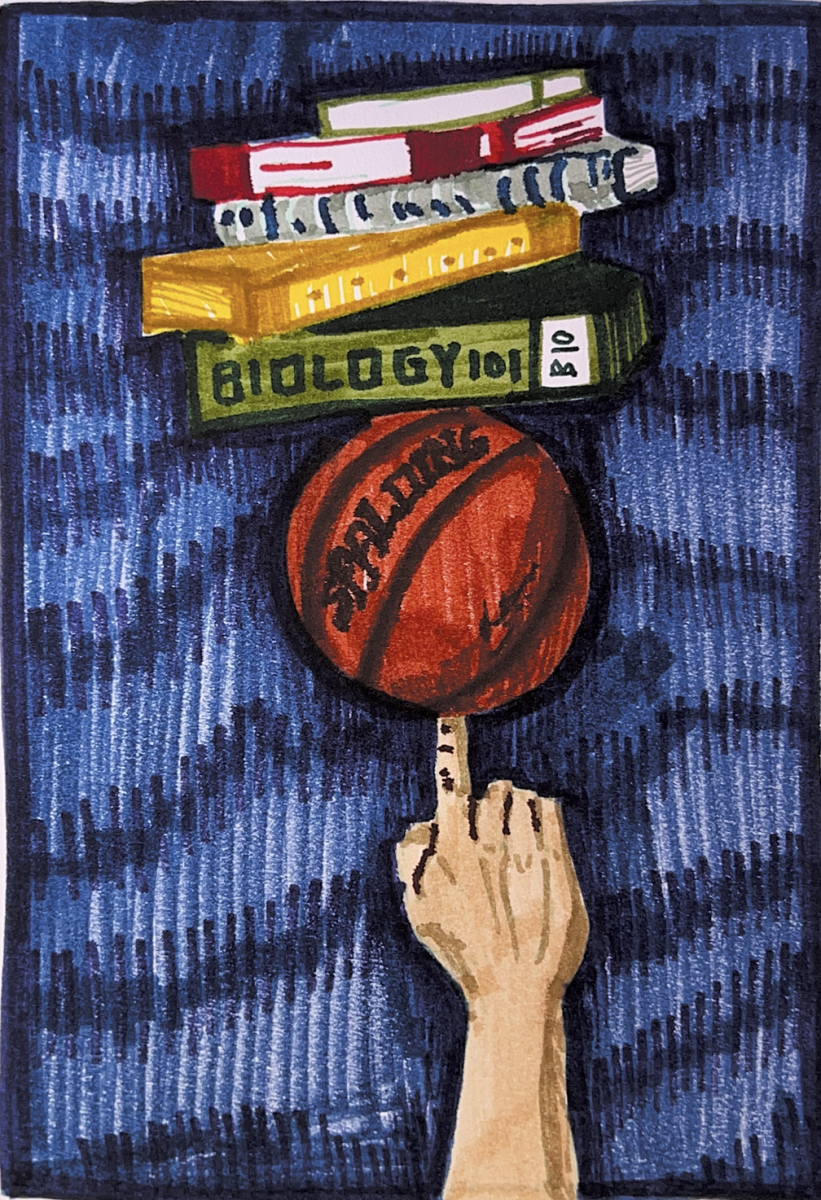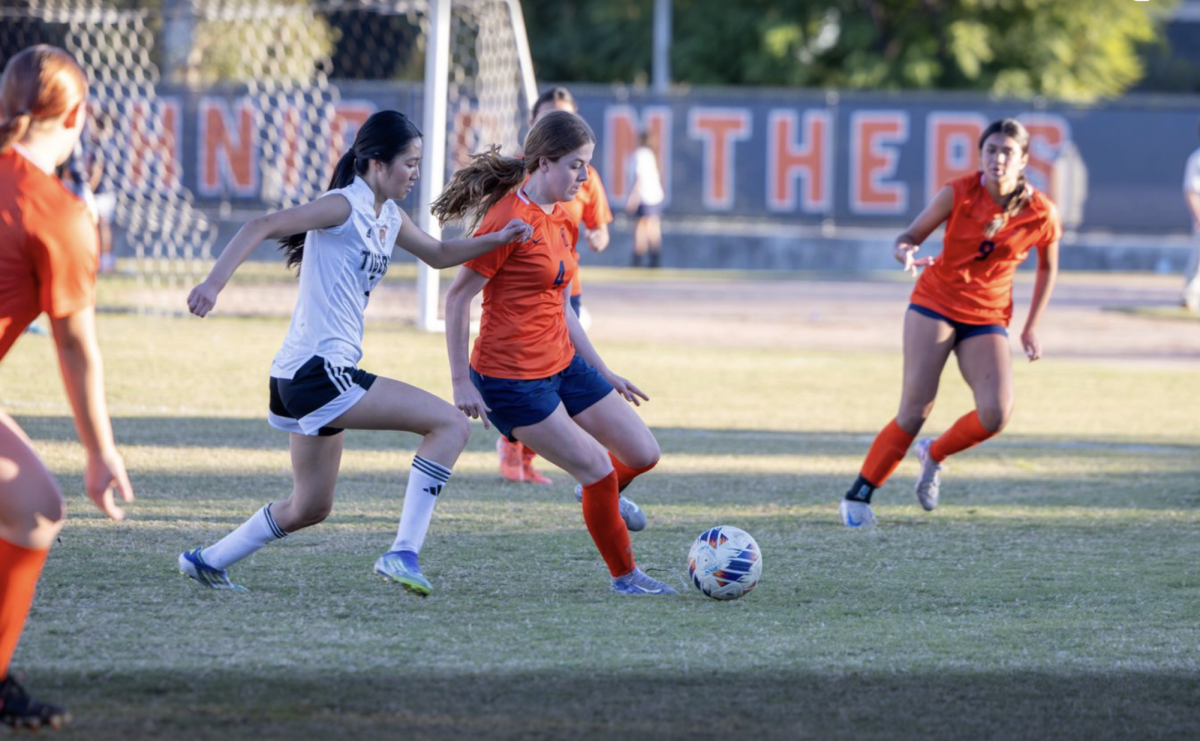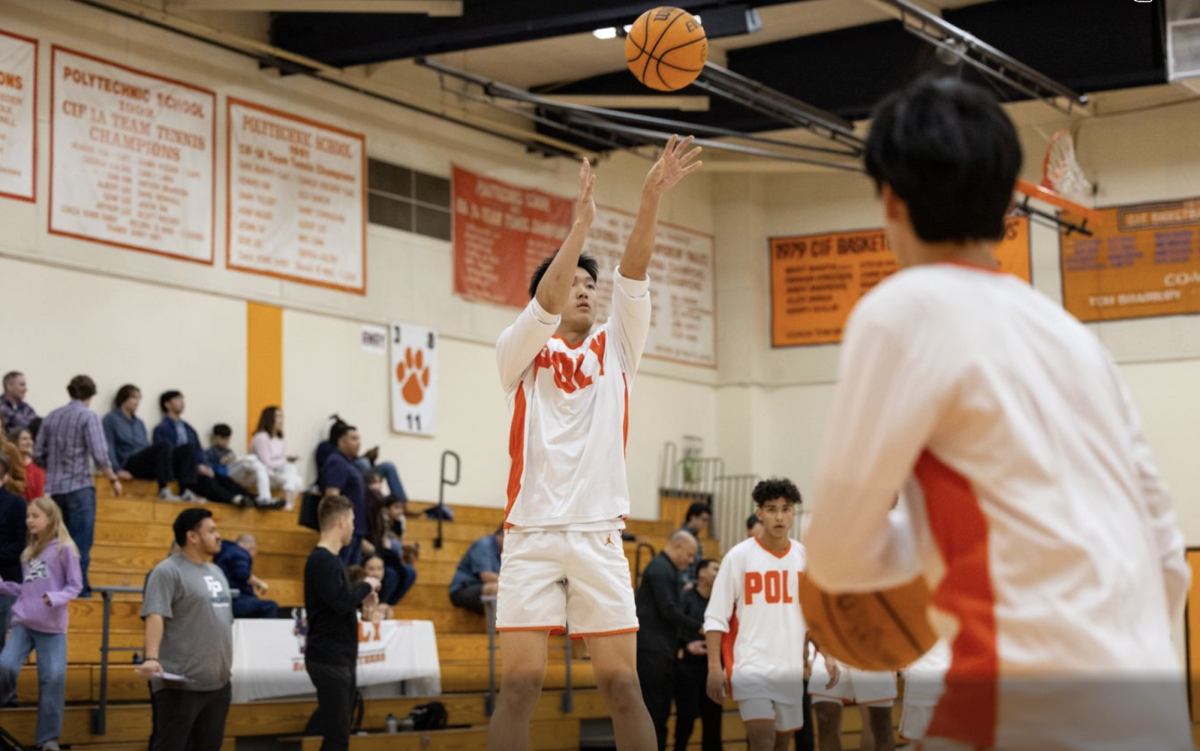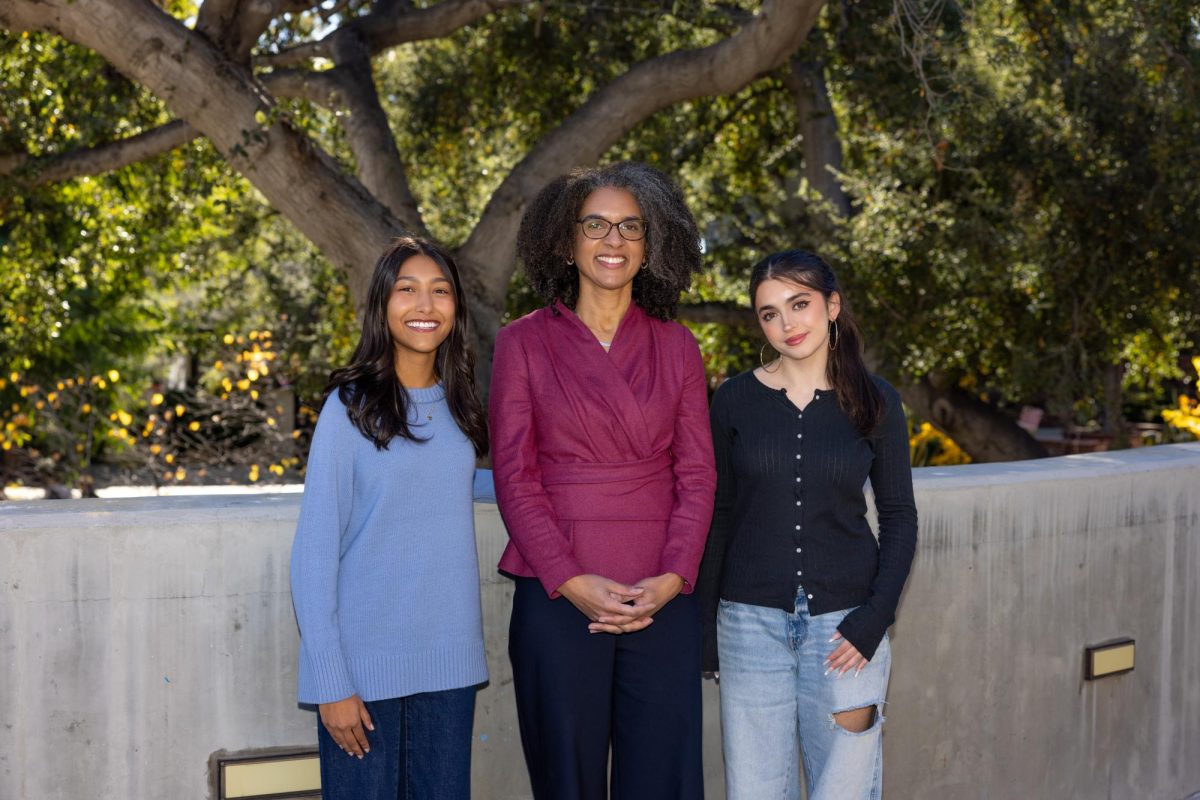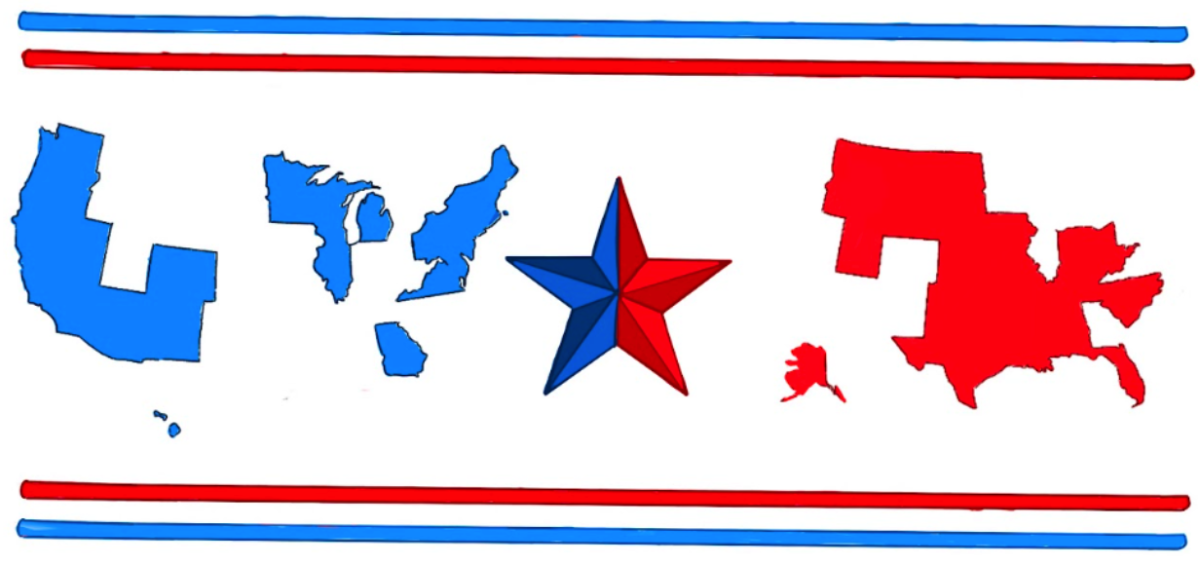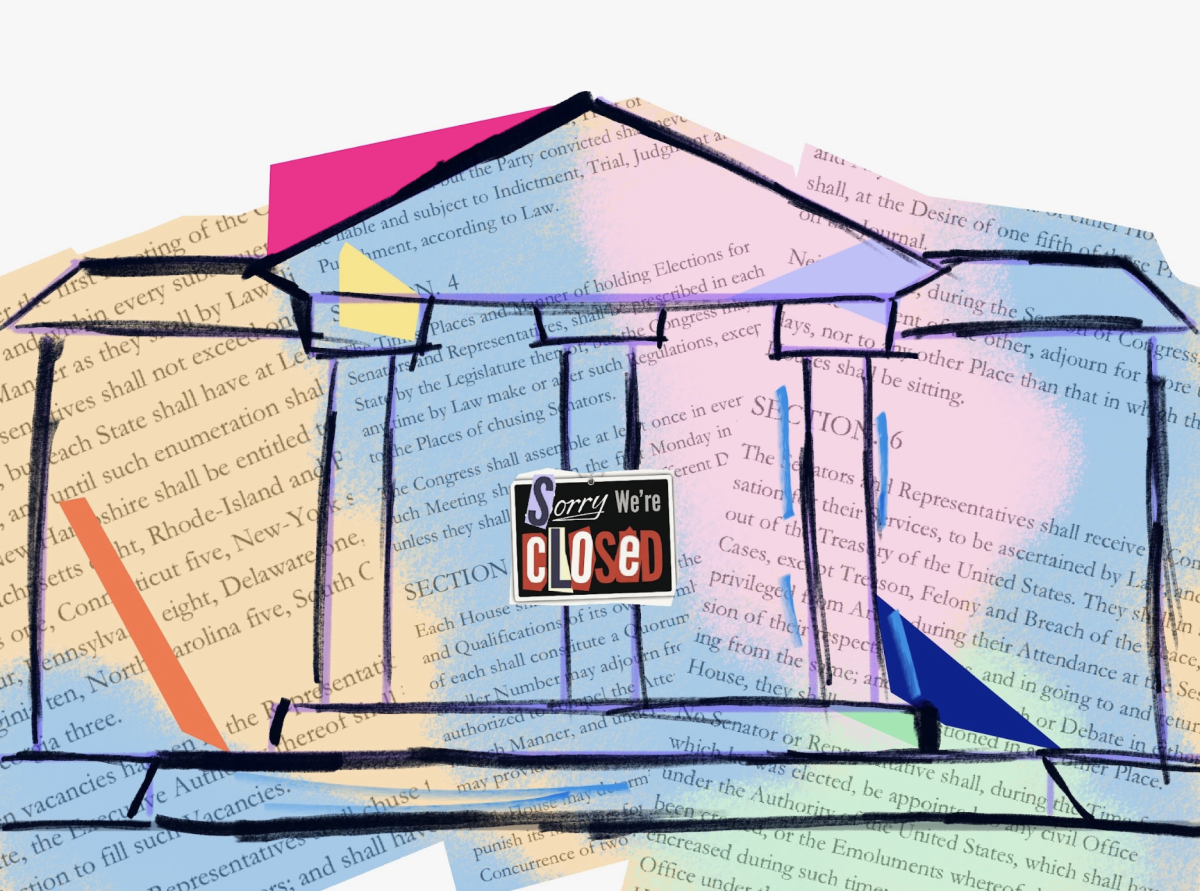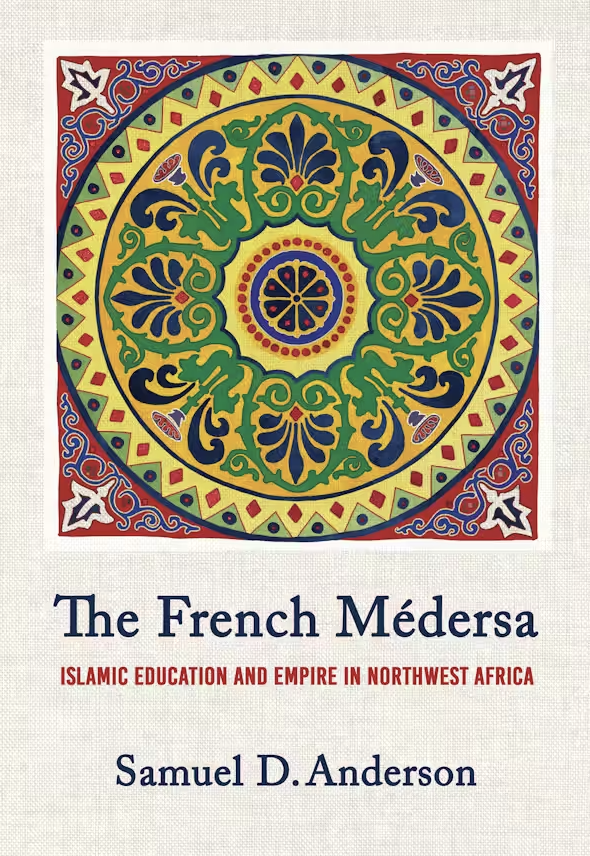Our country is in a fragile moment. Americans are disconnected from one another, and political views determine who we surround ourselves with. Additionally, our democracy is being tested at this time. Political violence is rising.
The Jan. 6th attack on the Capitol, the assassinations of conservative activist Charlie Kirk and Democratic Minnesota State Representative Melissa Hortman, the assassination attempts on President Trump, as well as Trump’s deployment of the national guard in liberal cities, illustrate a new period of extremism. As politics becomes more divisive, trust in government is as low as ever. In 2024, the Pew Research Center found that only 24% of Americans trusted the government, compared to 40% of Americans in a poll from 20 years before. How can we come together as a country if so much hatred exists throughout it?
Humanities courses at Poly should put an increased focus on showcasing the different perspectives Americans have, regardless of whether those perspectives are popular at our school.
Currently, many of Poly’s English and History departments’ classes include diverse representations of race, ethnicity and sexuality, like Poly’s AP English Language: Black Voices course that studies texts about the Black experience. This work is incredibly important in giving students a complete understanding of the many types of voices that exist. However, some viewpoints are not fully represented at Poly. These are beliefs of Americans with vastly different ideologies compared to progressive Southern Californians. While Poly students have many different political perspectives, there is a common theme of liberalism across the campus.
As English Department Chair Serra Leroy explains, “It is hard to gain that understanding of what other people’s lives have been through to give them the perspective that they have outside of this bubble.”
Personally, my viewpoints are progressive. Still, I believe in listening to other people’s views that I strongly disagree with. Learning about the different values Americans have is not about giving credibility to conservatism, but instead about understanding where so many Americans are coming from. There is a difference between the extreme MAGA leaders who are actively hurting our country and the world, and the everyday Americans who have good intentions but values that do not align with progressives.
“It’s hard when there is such egregious cruelty that is being perpetuated in the name of one ideology,” says History Department Chair Kristen Osborne-Bartucca. “But we do want to encourage students to think for themselves and to talk and discuss things.”
Some parts of Poly’s curriculum do represent the wide array of values that Americans have. For example, The Righteous Mind by Jonathon Haidt examines the psychology behind political views across the spectrum. This book is currently taught in the advanced course American Studies for a small portion of students who opt in to reading it – this year, 4 students are reading the book. American Studies also teaches certain short stories with different viewpoints. In addition, Amity and Prosperity by Eliza Griswold, which focuses on the impacts of fracking for small farms in rural Pennsylvania, was recently taught in AP English Language and Composition. However, this book is no longer part of the curriculum.
Additionally, it can be challenging to even talk about politics. “The student perception is certainly that it’s hard to be anything but progressive [at Poly],” Leroy says. “I think that teachers and students are probably walking more on eggshells with dialogues than they had in the past.”
But as difficult as this might seem, these are the conversations that are necessary to have at this moment.
Still, at a time when democracy is so fragile, is this really the right moment to listen to the conservative voices who support a presidency that is largely responsible for the unraveling of our country’s founding principles? Certainly.
In fact, this moment requires that we understand different viewpoints more than ever. President Trump relies on division to carry out his extreme agenda of retribution and punishing his supposed enemies, recently proclaiming that he “hates” his opponents. Trump’s rise to power was fueled by political polarization, so we cannot change the moment we are in without understanding the motivating factors behind it. Progressives can stand up strongly against issues they feel strongly about, but also listen to people who disagree with them.
“If you actually stop and listen to certain individual stories,” Osborne-Bartuca said, “you will get insights into the other side… I think that is a lot more compelling than these blanket generalizations or these images of screaming crowds at a rally.”
So what changes should be made to Poly’s humanity courses? When learning about American culture, students should hear more of the reasons that people hold the values they do. All junior year humanities classes at Poly focus on American history and culture. These classes should incorporate texts into the curriculum that show how everyday Americans came to the understanding that the MAGA movement would improve their lives. Books like The Left Behind by Robert Wuthnow and Heartland by Sarah Smarsh have been acclaimed for displaying conservative and rural America. Reading these texts does not mean endorsing any political ideology – instead, it means understanding how half of the country thinks and doing so from an academic perspective.
Not only will this increase an understanding of our country, but it will also enable Poly alumni to work together with conservatives to solve bipartisan issues, to the benefit of everyone.
Political polarization is a challenging and complex problem, but we must work to address it. We must have the ability to get along with people who have different views from us and find the commonalities we share. And it is Poly’s job to prepare us to be able to do this. While it is also the duty of conservatives to listen to progressive points of view and be open-minded, we have the opportunity to lead the way.
In this moment, we must ask ourselves: Do we want to heal as a country or continue to live in a divisive and hateful way?
By taking actions now to learn about the different views of Americans, we will determine that future.

